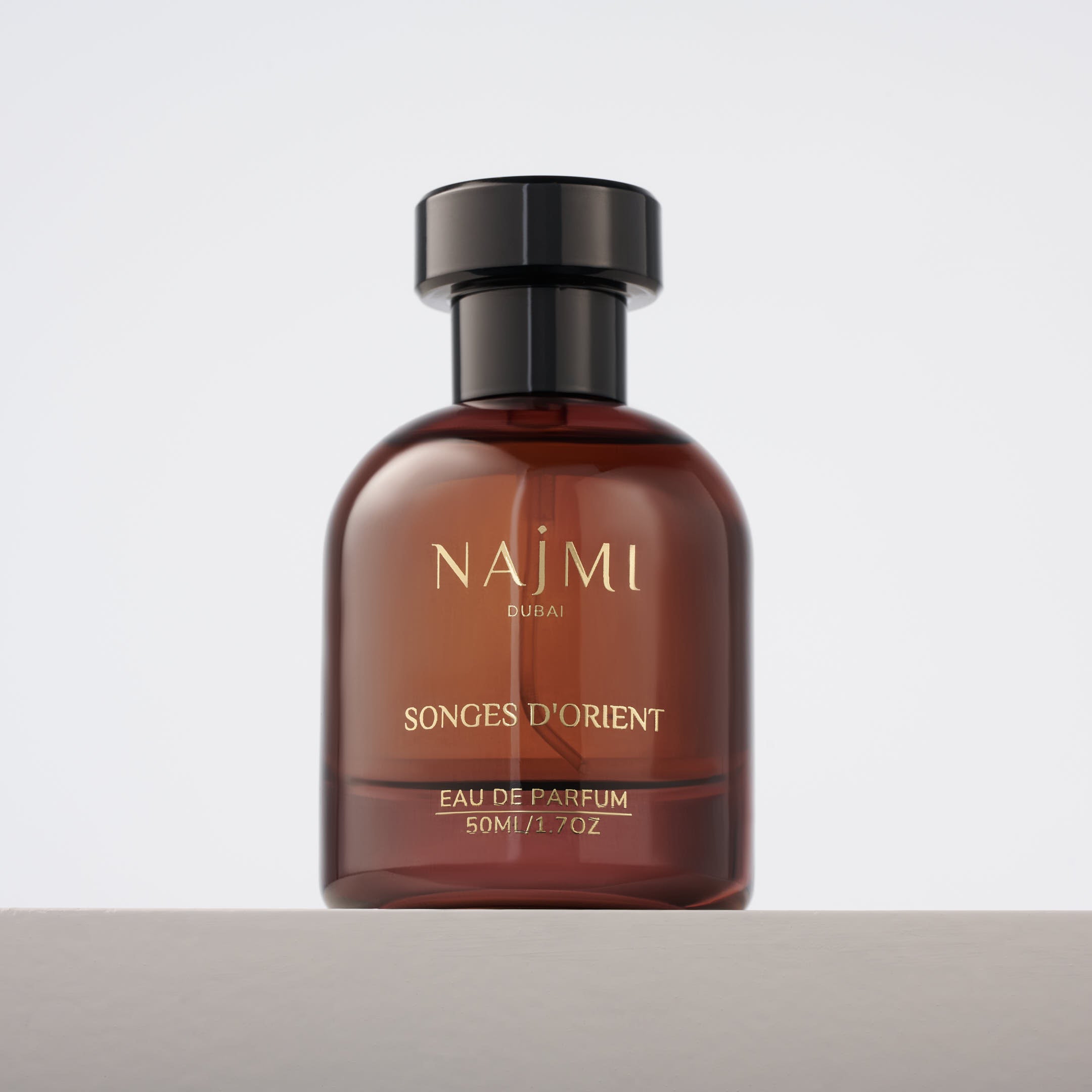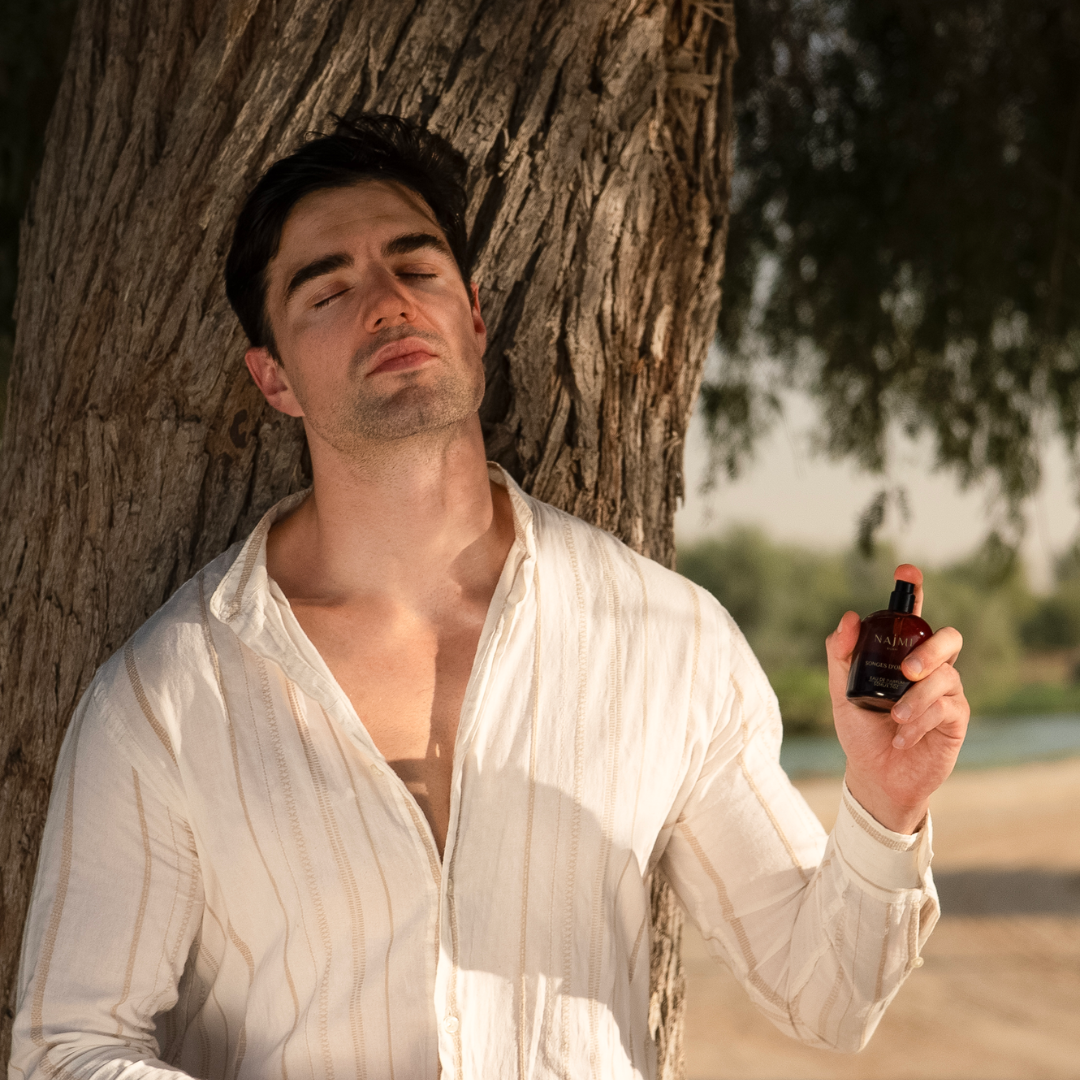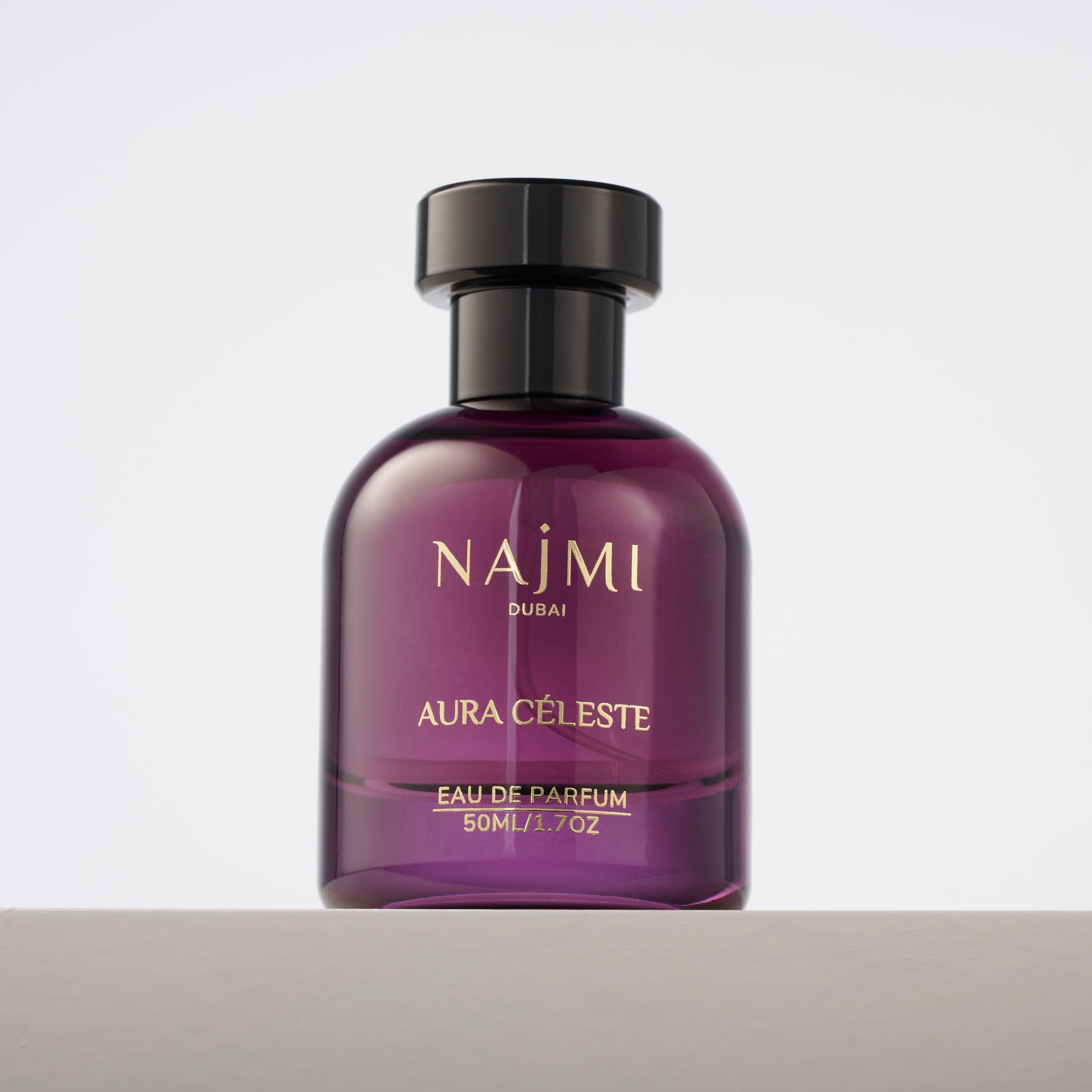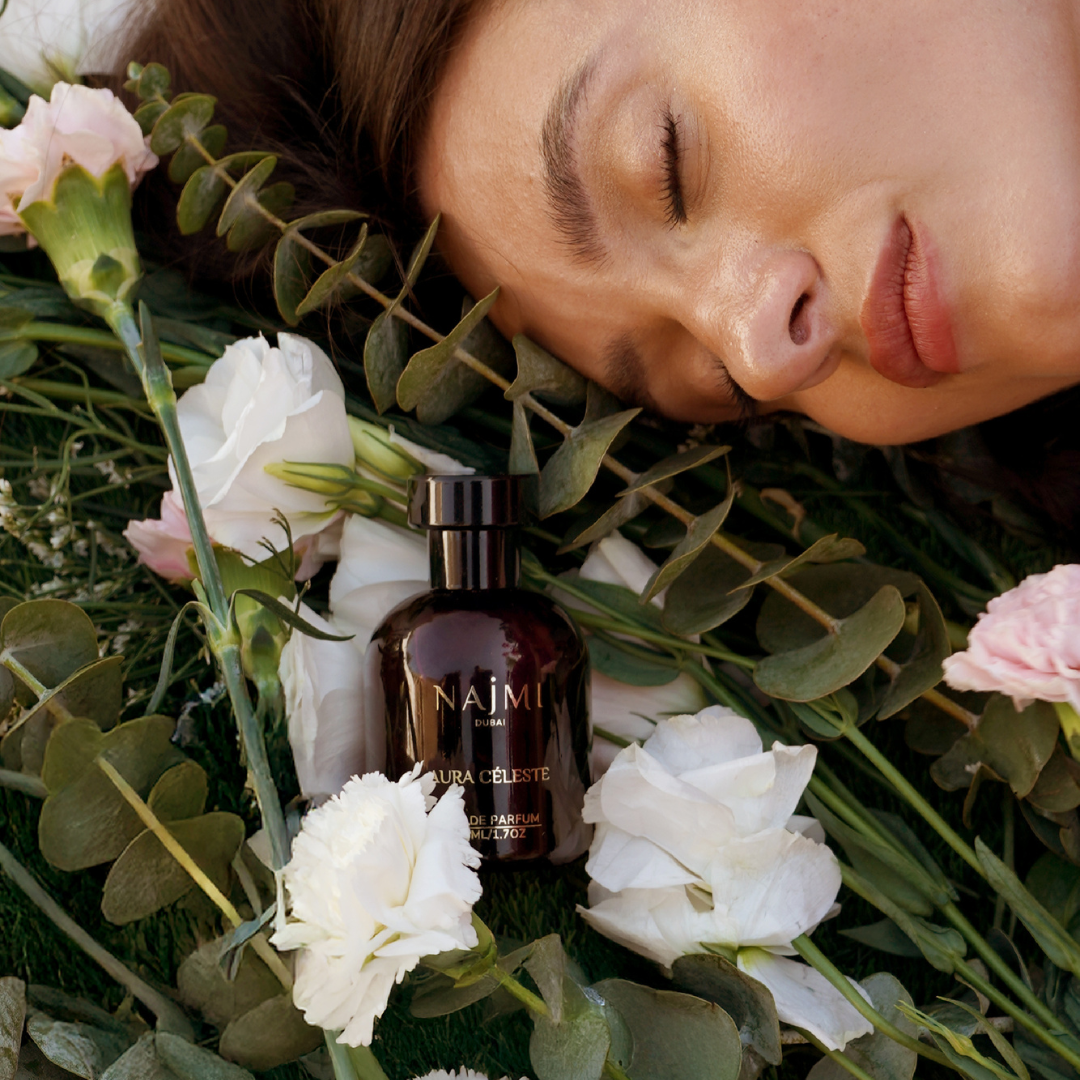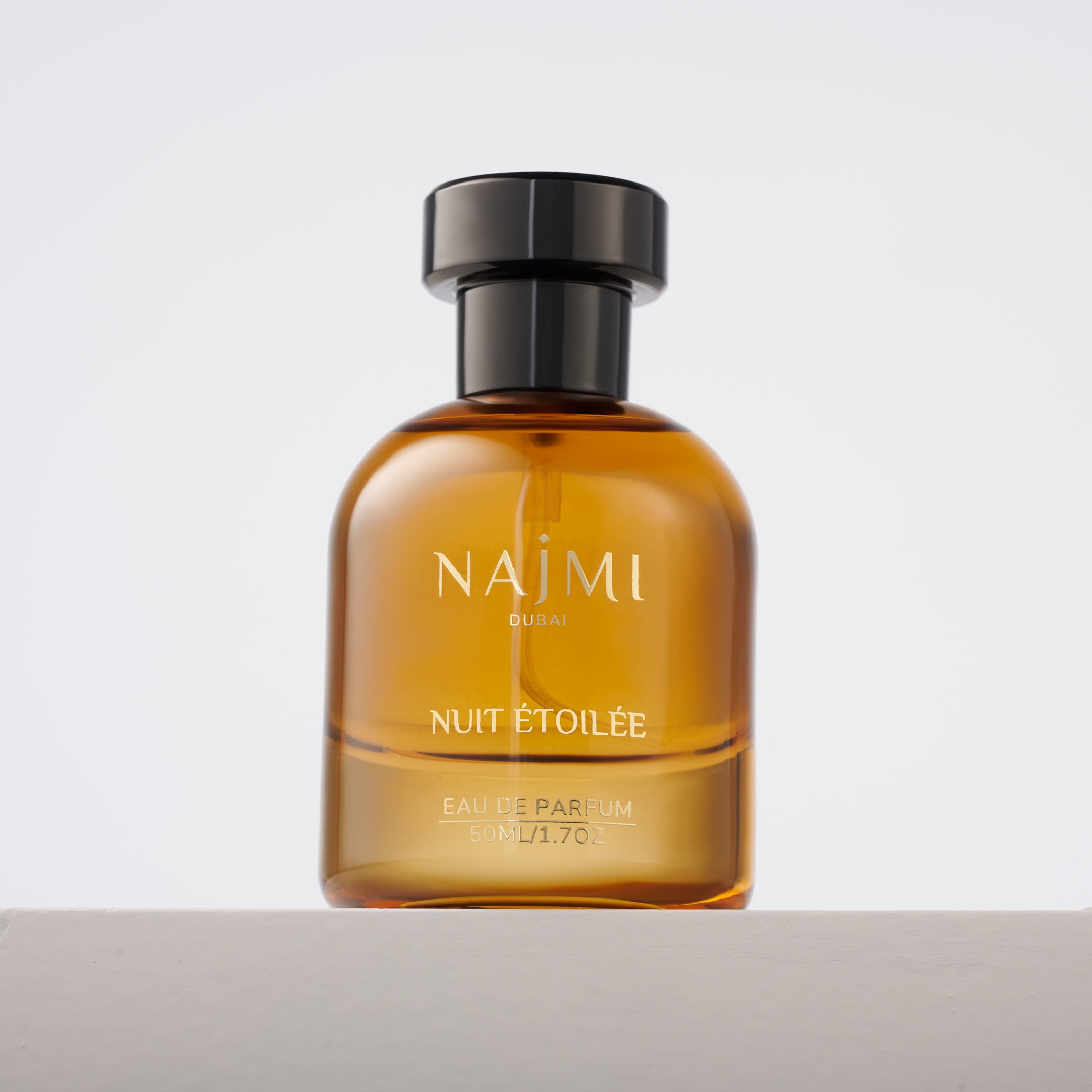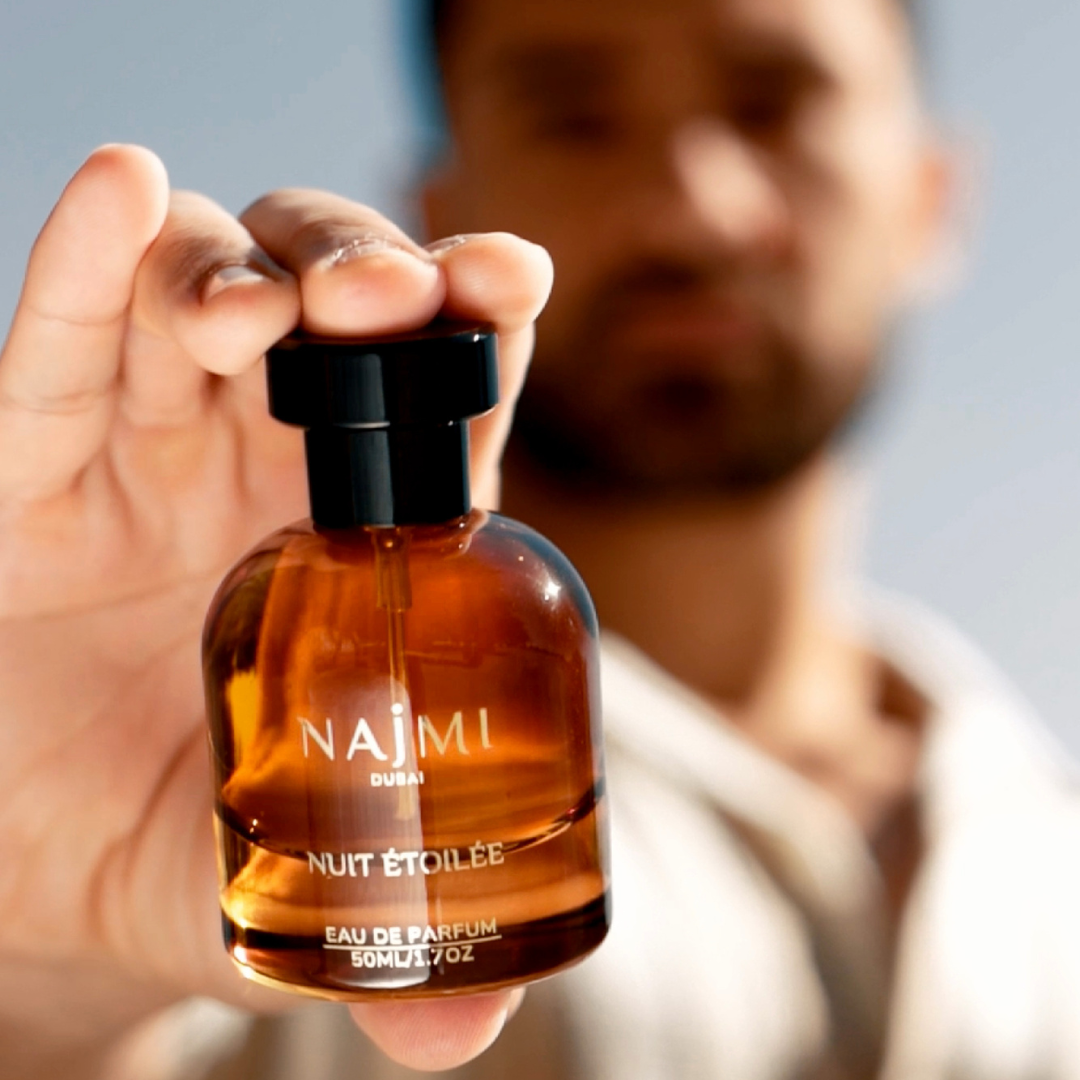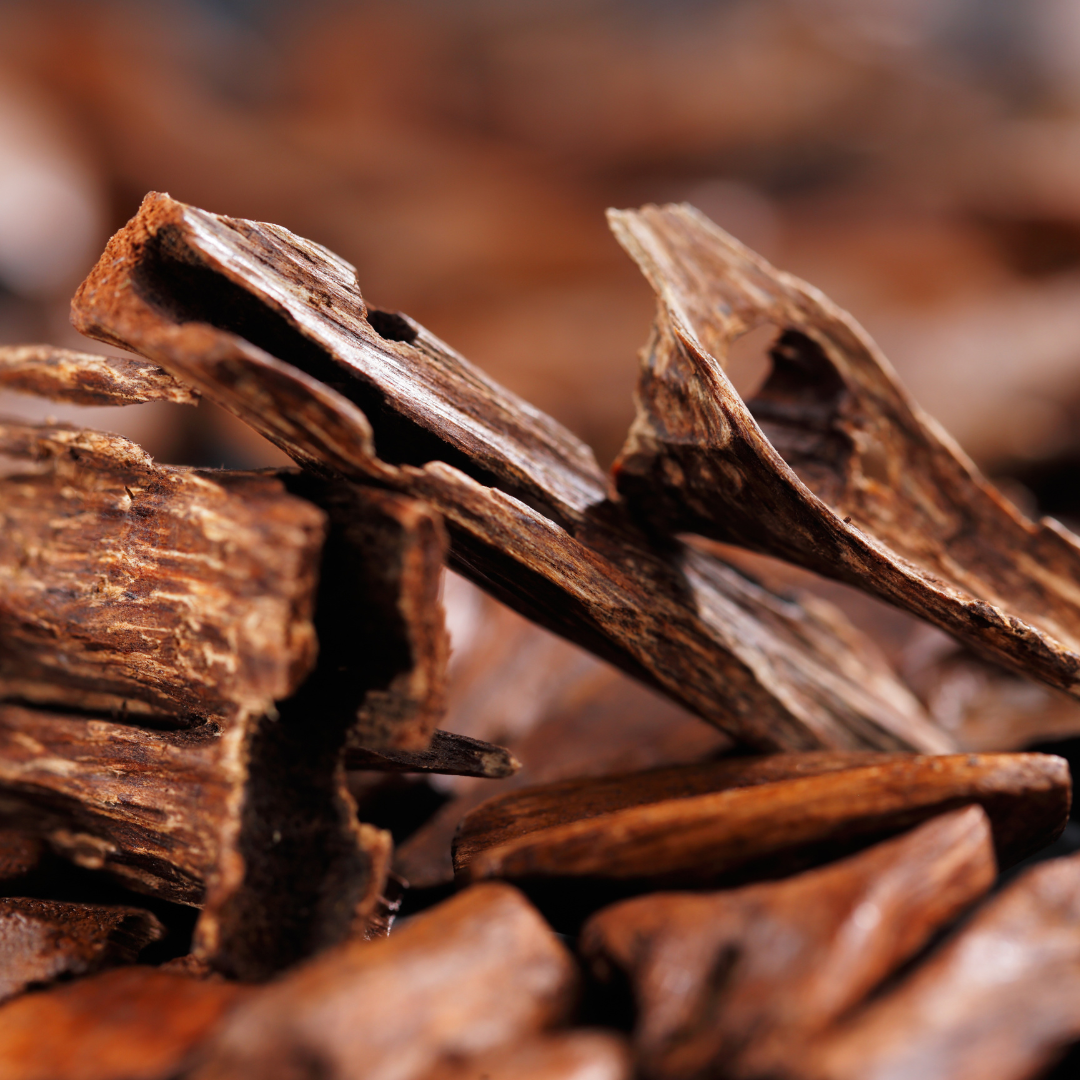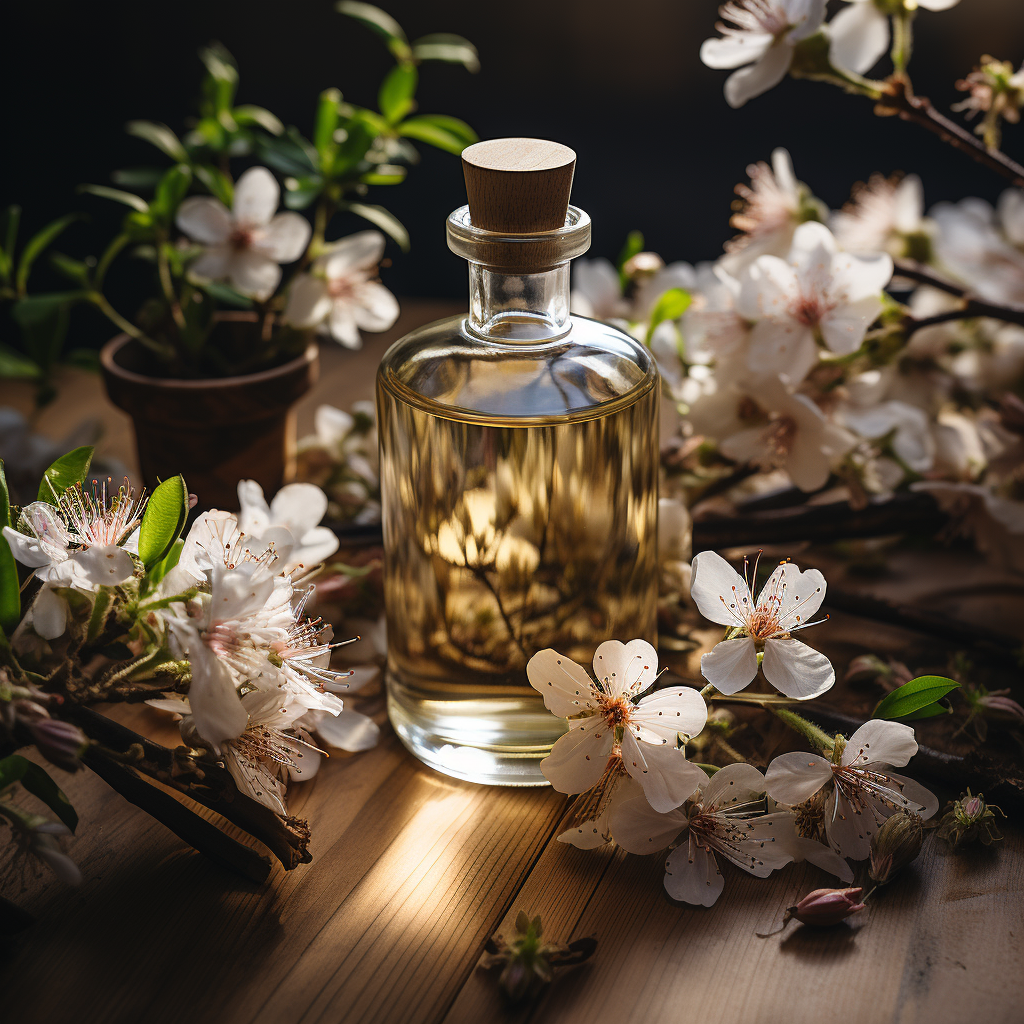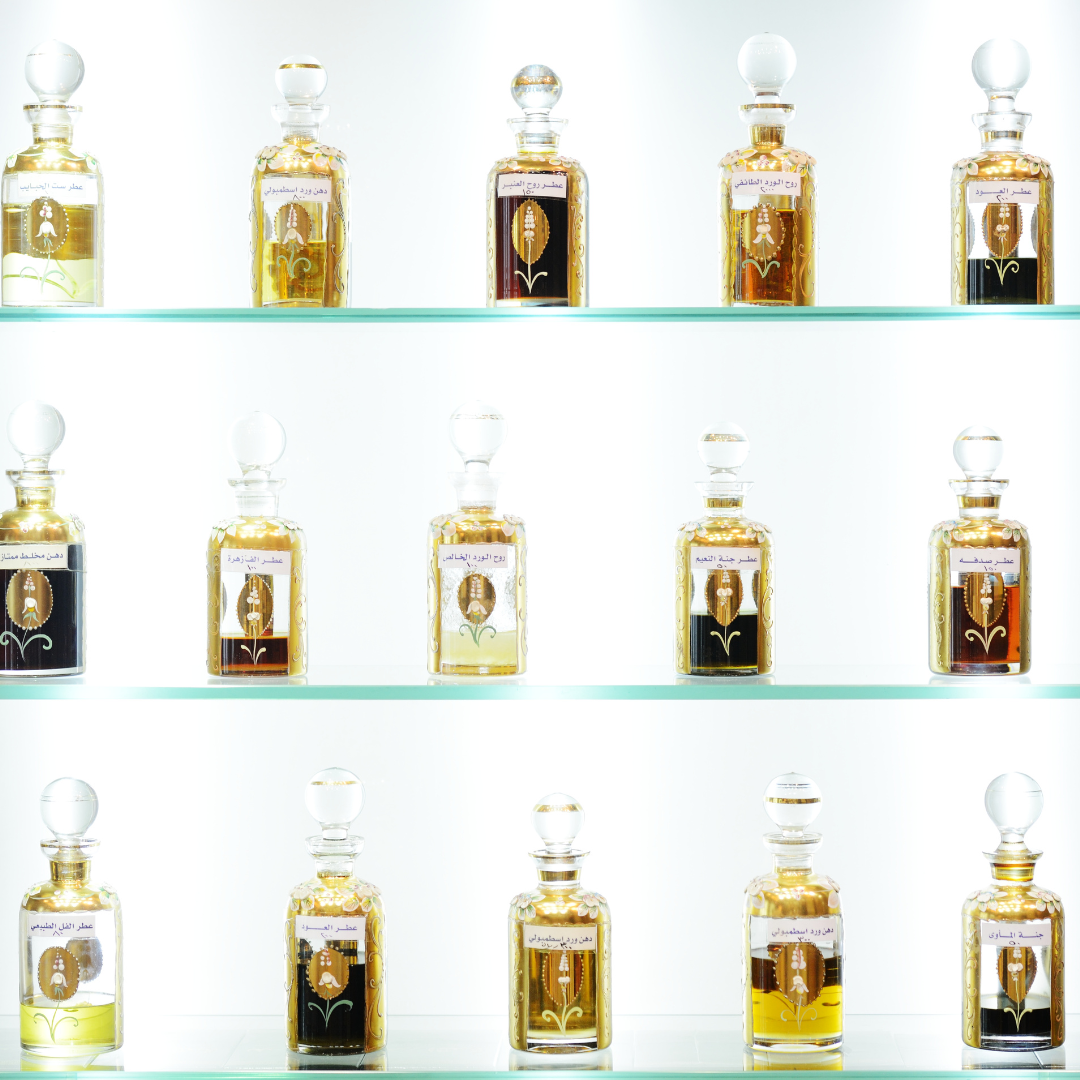
The Perfumed Art of the Middle East: An Olfactory Odyssey
The Middle East, the cradle of many ancient civilizations, has long been associated with a rich and enchanting tradition of perfumery. Middle Eastern perfumes are not just fragrances; they are a form of art, a cultural expression, and a central element of daily life. In this article, we will explore the reasons why perfumes hold a prominent place in the Middle East, delving into the aromas, traditions, and customs that make this region an olfactory treasure.
An Ancient and Revered Tradition
The Middle East has a fragrant history that spans thousands of years. From the ancient civilizations of Egypt and Mesopotamia to the Islamic empires, perfumes have played an essential role in religious rituals, ceremonies, and daily life. The art of perfumery is passed down through generations, making the Middle East a precious guardian of olfactory traditions.
Precious Raw Materials
The Middle East region is blessed with an abundance of natural raw materials that serve as the foundation of perfumery. Oud, musk, amber, rose, and saffron are among the most prized ingredients. Their exceptional quality and local provenance contribute to the creation of unique and unforgettable fragrances. Oud, in particular, is considered the gem of Middle Eastern perfumery, bringing unique depth and complexity to compositions.
A Language of the Senses
In the Middle East, perfumes are not merely products but a language of the senses. They express emotions, social status, religious customs, and special moments. Choosing a perfume is a serious matter as it must align with the occasion and the individual's personality. Perfumes are also used as a means of silent communication in social life.
Spirituality and Significance
Perfumes play an essential role in spirituality in the Middle East. They are used in religious rituals and sacred ceremonies, creating an atmosphere of devotion and transcendence. Muslims, in particular, have a tradition of applying perfume before prayer, reinforcing the connection between spirituality and perfumes.
Influence on the Global Perfume Industry
Middle Eastern perfumes have a profound influence on the global perfume industry. Western perfume houses often draw inspiration from Middle Eastern aromas and trends to create popular fragrances on an international scale. Rich and opulent oriental perfumes have become a beloved category worldwide, reflecting the enduring impact of this region on the art of perfumery.
DISCOVER
The Fragrances

